- 631-796-2804
- [email protected]
- Mon - Fri: 6:30AM - 5PM
Professional seal coating that actually extends your driveway’s life and saves you money long-term.
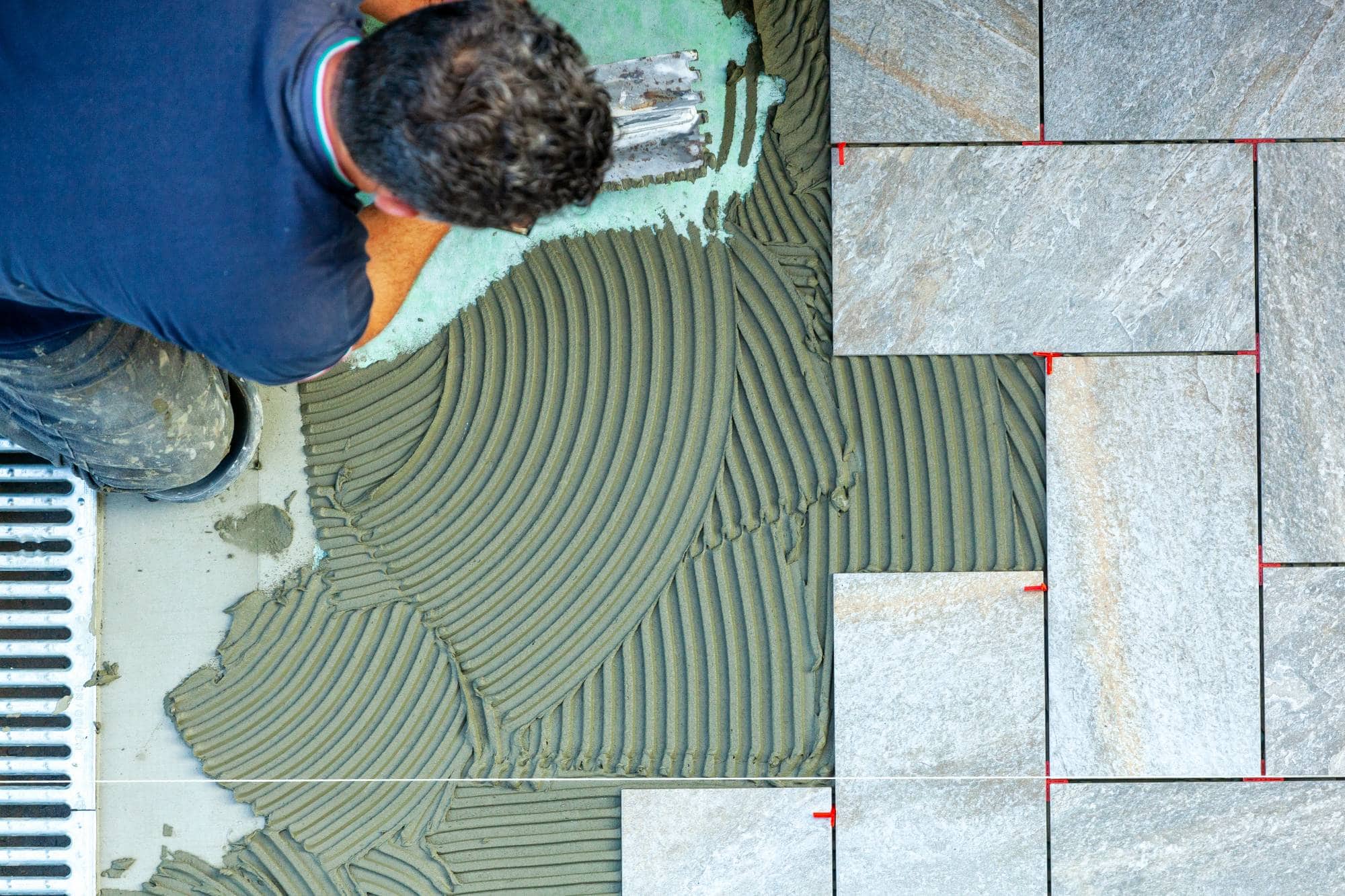
Hear from Our Customers
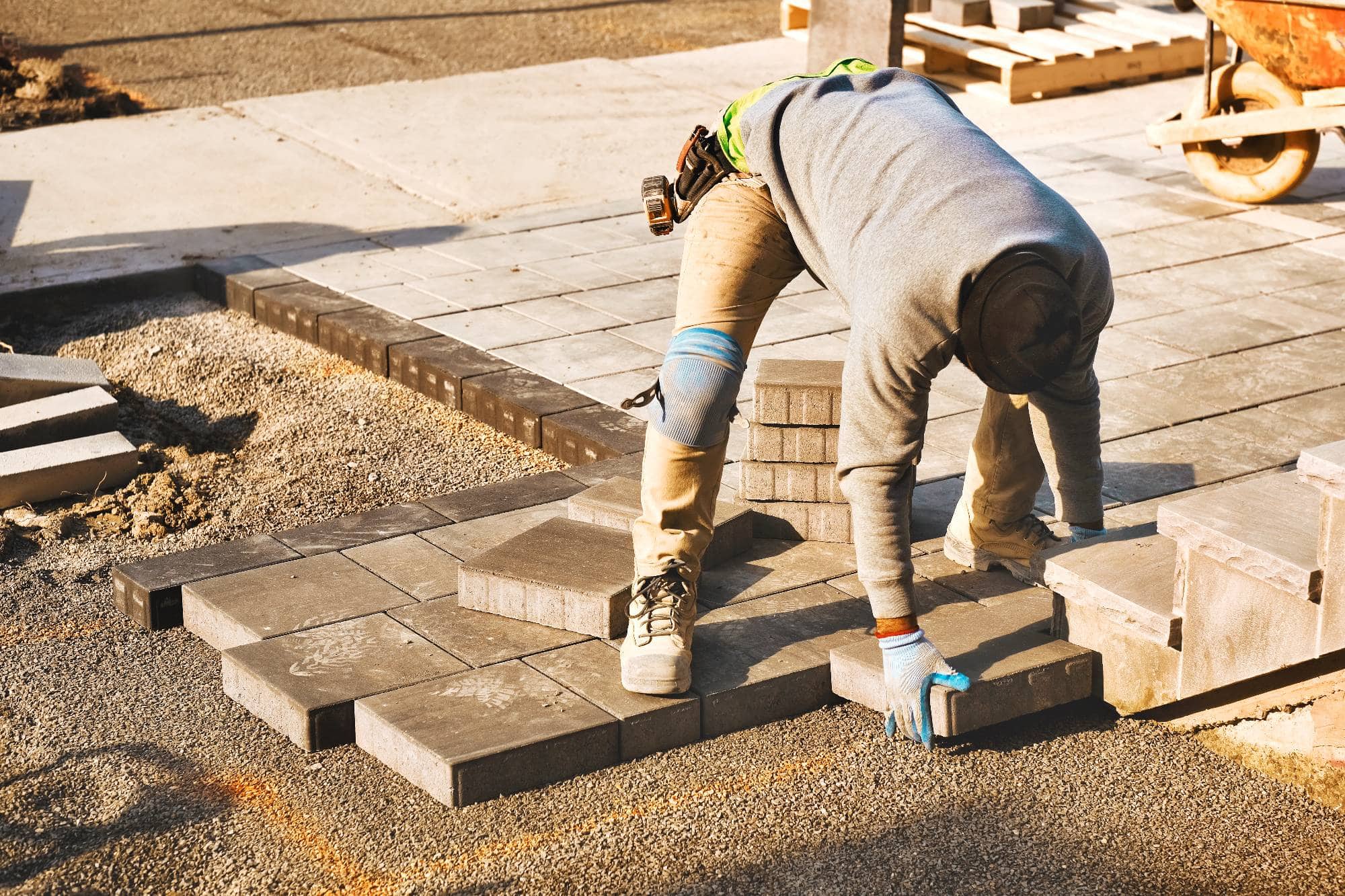
Here’s what you get when sealcoating is done correctly. Your asphalt stays flexible through Long Island’s freeze-thaw cycles instead of cracking apart. Water can’t penetrate and cause the base to shift and heave.
That rich black appearance comes back, but more importantly, you’ve created a barrier against oil stains, salt damage, and UV rays that turn asphalt gray and brittle. Most property owners see 3-5 additional years before needing major repairs when they maintain their sealcoating every 2-3 years.
The difference between professional application and the stuff you can buy at Home Depot isn’t just thickness. It’s surface preparation, material quality, and understanding when conditions are right for proper curing. Your driveway becomes an asset that maintains your property value instead of an eyesore that needs constant attention.
We’ve been protecting driveways and parking lots across Long Island for years. We understand what salt air and harsh winters do to asphalt, and we know which materials and techniques actually hold up in our climate.
You won’t get a high-pressure sales pitch or someone trying to sealcoat when conditions aren’t right. We’ve built our reputation by doing the job correctly, which sometimes means waiting for better weather or recommending repairs before sealing.
Our team uses commercial-grade materials and proper application techniques because we’ve seen what happens when corners are cut. East Patchogue property owners trust us because we explain what we’re doing and why, not just show up and spray.
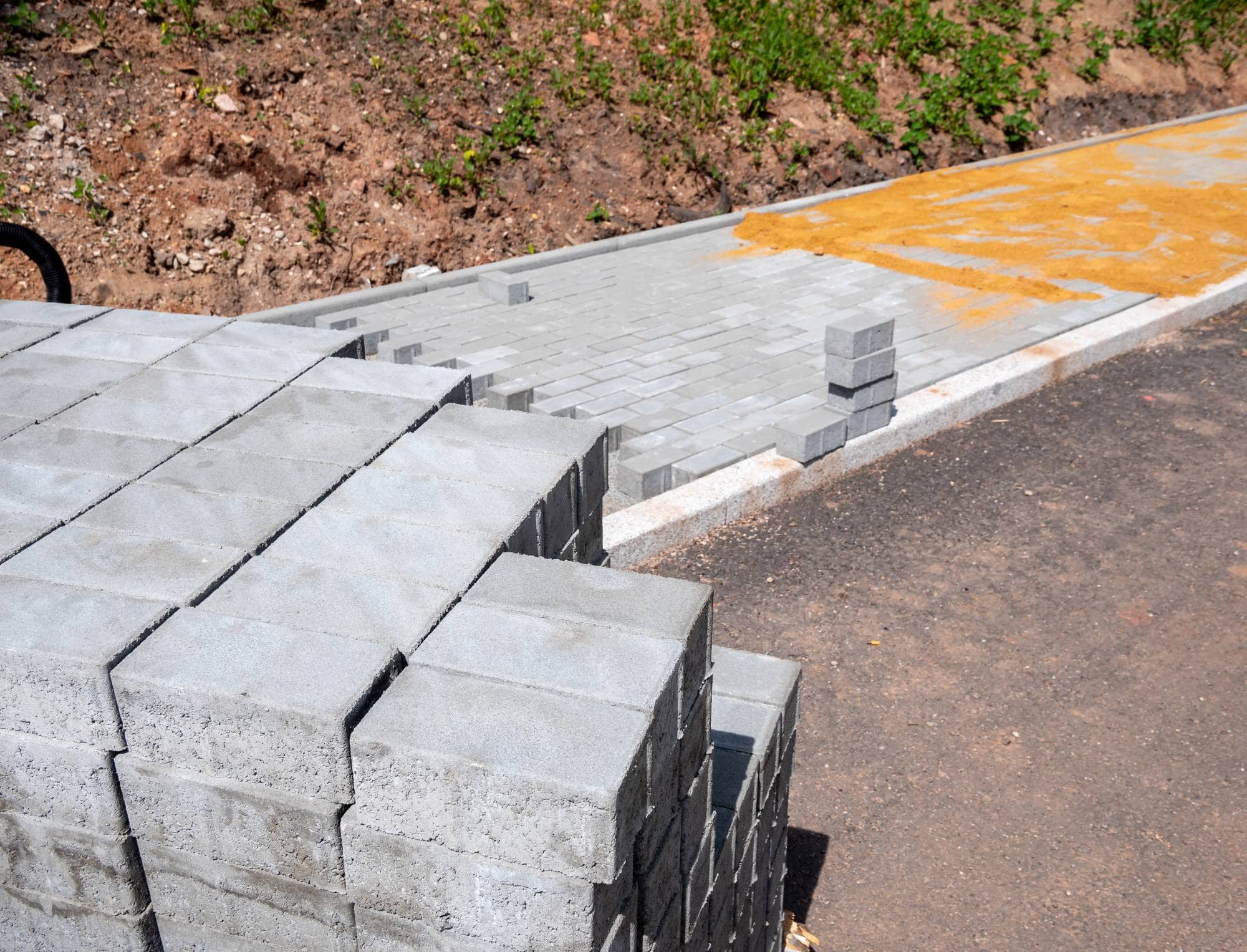
First, we inspect your asphalt and identify any cracks or damage that needs attention before sealcoating. Small cracks get filled, oil stains get treated, and the entire surface gets thoroughly cleaned. This prep work determines how well the sealcoat adheres and how long it lasts.
We only apply sealcoating when weather conditions are right – temperatures above 50 degrees with no rain in the forecast for 24 hours. The material goes on in thin, even coats using professional equipment, not the brush-on approach that leaves streaks and thin spots.
After application, your driveway needs 24-48 hours to fully cure depending on humidity and temperature. We’ll give you specific timing for when you can walk on it and when vehicles can return. The surface will be tacky at first, then cure to a durable, flexible finish that moves with your asphalt through seasonal changes.
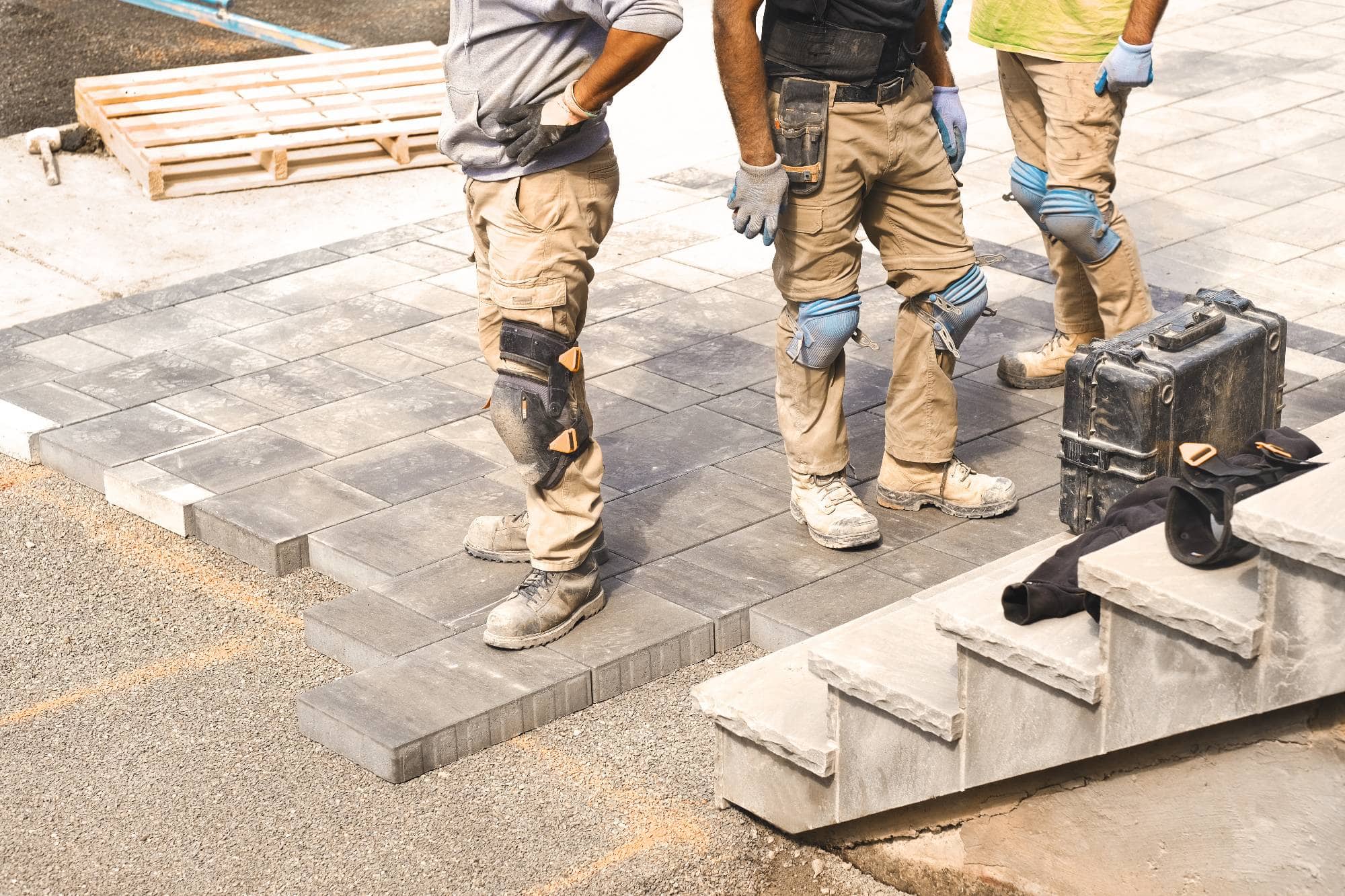
Ready to get started?
Every sealcoating job starts with thorough surface cleaning and crack filling where needed. We use commercial-grade coal tar or asphalt emulsion sealers – not the thin, water-based products that wash away after one winter.
Edge work around garage doors, walkways, and landscaping gets hand-brushed for complete coverage. We protect your property with plastic sheeting and take time to ensure clean lines where asphalt meets concrete or pavers.
You’ll get specific instructions for curing time and maintenance. Most East Patchogue driveways benefit from resealing every 2-3 years depending on traffic and exposure. We can set up reminders so you don’t have to guess when it’s time for the next application. The goal is consistent maintenance that prevents major repairs, not emergency fixes when damage is already done.
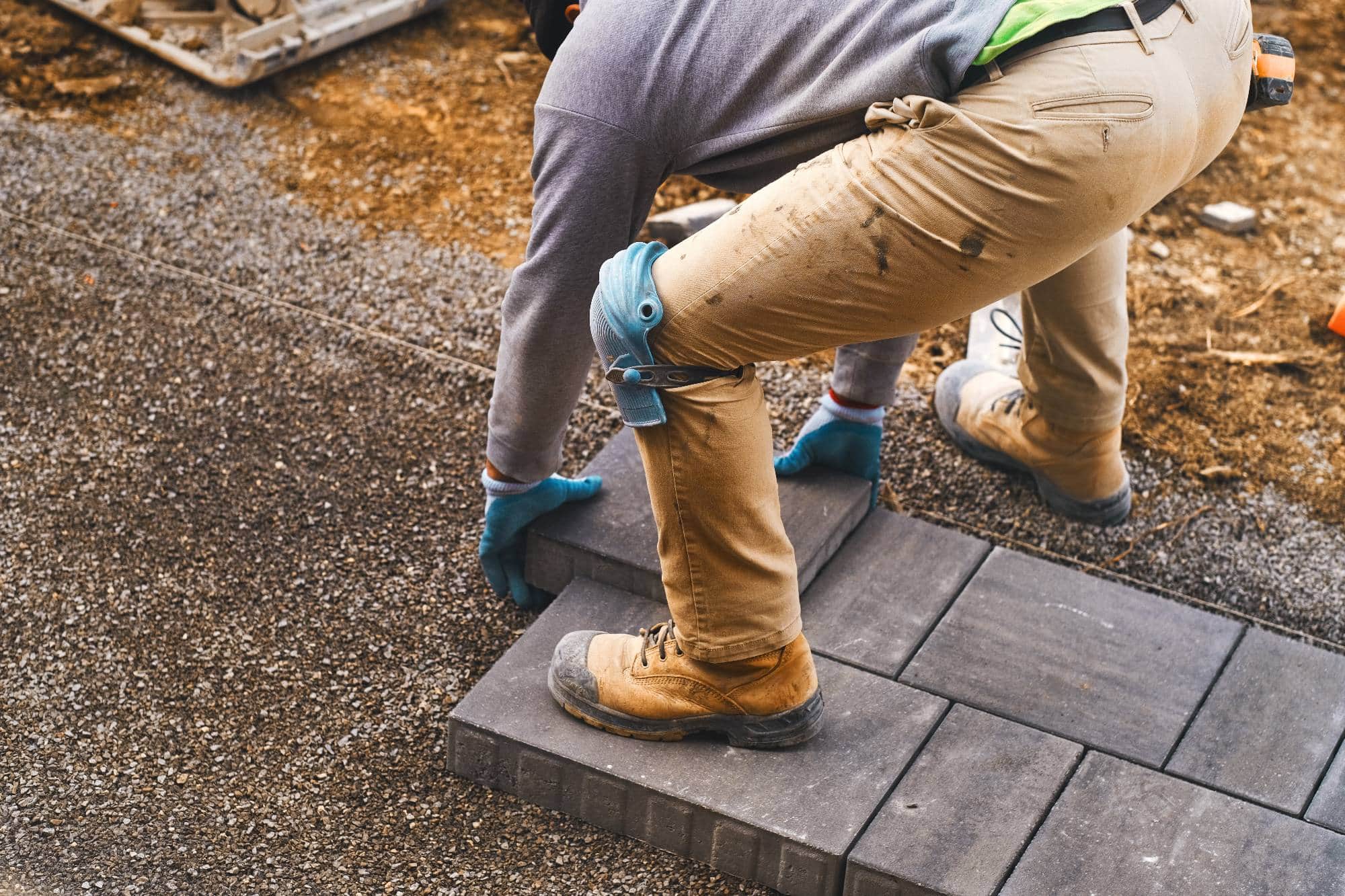

We are a family owned and operated paving contractor servicing customers on the East end of Long Island. We specialize in all phases of paving from start to finish.